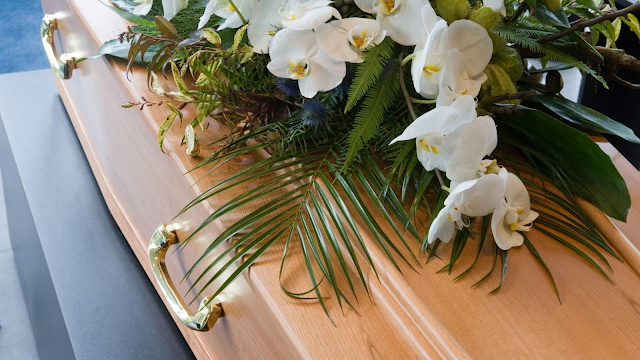What Happens if Someone Dies During Ongoing Bankruptcy Case?
Life is very unpredictable; no one really knows what is stored in the future. Though bankruptcy is rather a fast process, sometimes debtors die during an ongoing case. Even if you are not directly related to a bankruptcy case, this is an intriguing question - what happens if a debtor dies during an ongoing bankruptcy case? So let us answer this question step-by-step.
How does the death of a debtor affect debt? Does it vanish?
When someone dies, the debt doesn't automatically go off or vanish. The creditors try to meet the debt amount by going after the deceased's property even if it was not kept mortgage. And if the debtor had an ongoing bankruptcy case, proceedings will depend on the type of bankruptcy - Chapter 7 or Chapter 13.
How does death affect the family members of the deceased?
If a family member co-signed on loan with the deceased, then s/he would be liable for the rest of that loan. This means debts are not passed on to the family members unless it was a joint debt. And no one would want that their family members have to go through the worries of settling the bills and loans left behind. Yet, as mentioned above, creditors will try to recover the loan from the survivors or by selling off their property, which in the end will affect them.
What happens with the Bankruptcy case?
When someone dies during the bankruptcy process, their family members are left with a complicated question – what happens to their ongoing bankruptcy/ debt settlement case?
It depends on the type of bankruptcy they filed under, as the results of the case may be different for Chapter 7 bankruptcy and Chapter 13 bankruptcy.
If the deceased filed under Chapter 7 Bankruptcy
There arise two situations under chapter 7 Bankruptcy - the debts will be OR won't be discharged. In any bankruptcy case, the trustee is in charge of administering and determining if there are any assets to pay creditors. If the deceased finished meeting with the creditors and the financial management course, chances are that the court will dissolve the case, and the debtor will be granted a discharge. But if the debtor dies before completing any of these, the bankruptcy case is dismissed. The creditors can claim to fulfill some of their debts by selling off the debtors' property.
If the deceased filed under Chapter 13 Bankruptcy
You might think that the case will end if the person dies, but that's not how bankruptcy works. The family members may choose to make monthly payments or get the case dismissed. Monthly payments usually need to be made for 3 to 5 years before the case is completed. And if the heir goes for a case dismissal, the estate will likely remain liable to creditors as they do not receive a discharge. However, the end decision remains with the court to decide what is best in everyone's interest. That is why one must consult an experienced bankruptcy lawyer to understand the details.
What should the family member of the deceased do?
It is always suggested to drop the case if the deceased has a large amount of secured debt. One might not be obligated to pay off, but creditors often go after the deceased's property to satisfy the debt. So, if now they owe more on the house kept for the mortgage than its worth, then they should let go of the property. They should be practical and let the lending company have the house/property and be free of any obligation. It's not like they are bound to keep what has been written to their name as a will, even if it isn't beneficial.
But if someone has emotional values attached to the mortgaged property, they should get rid of the debt or fight the bankruptcy case to keep it. After all, it's all about the emotional connection you have with that property.




You know many type of problems on running business. You also find the bestbankruptcy lawyers San Diego.
ReplyDelete